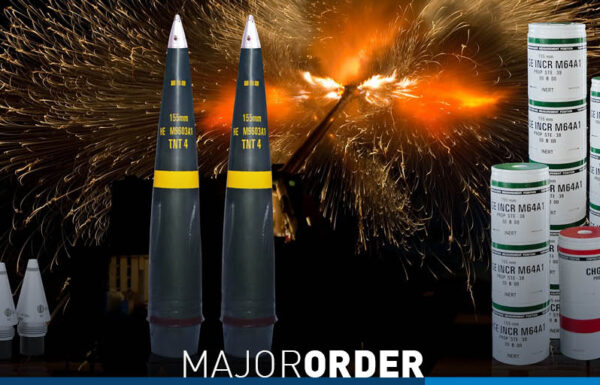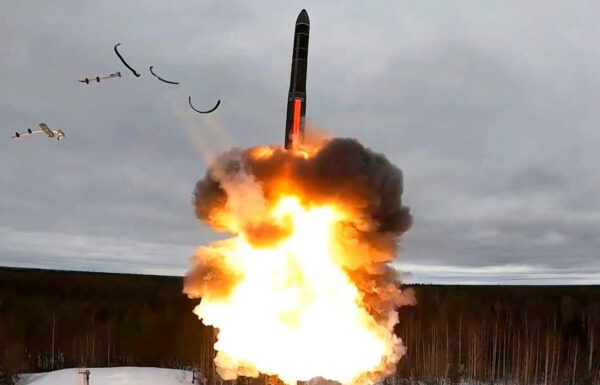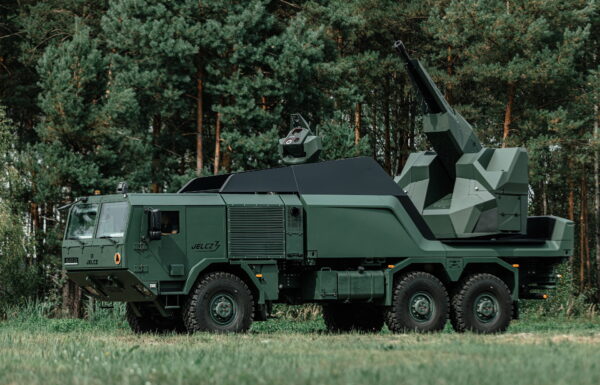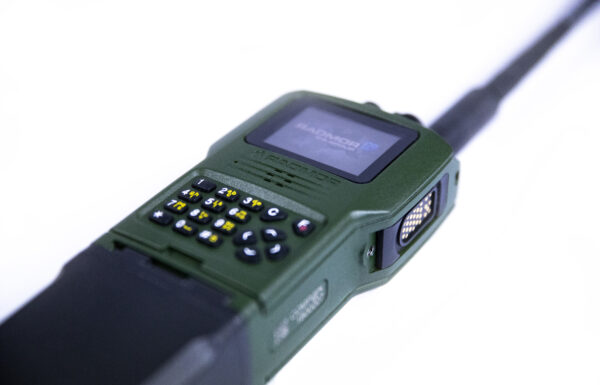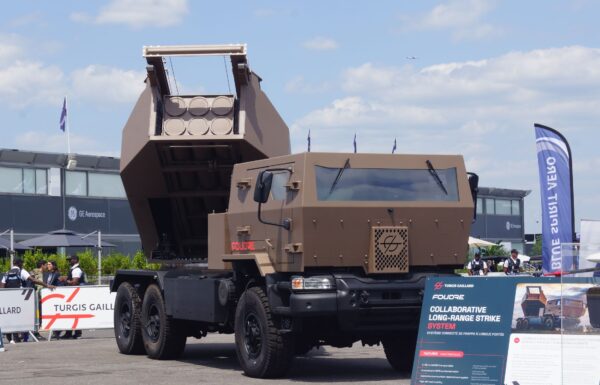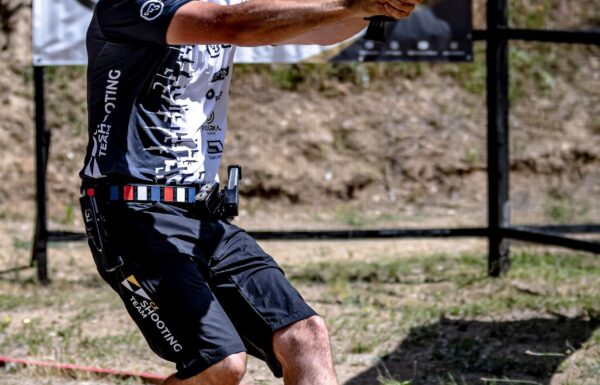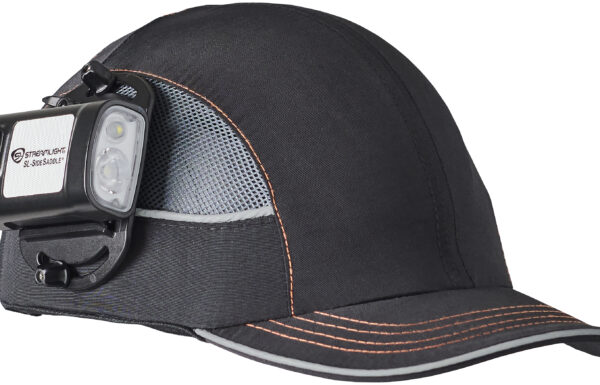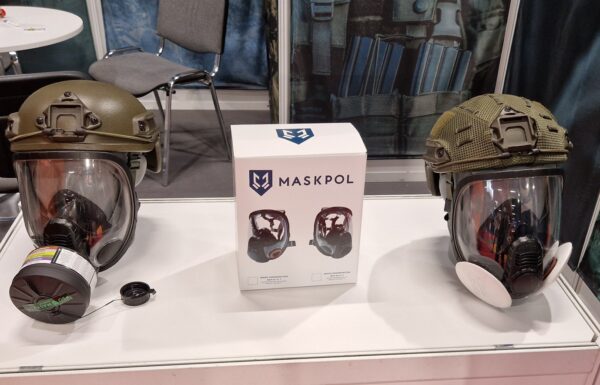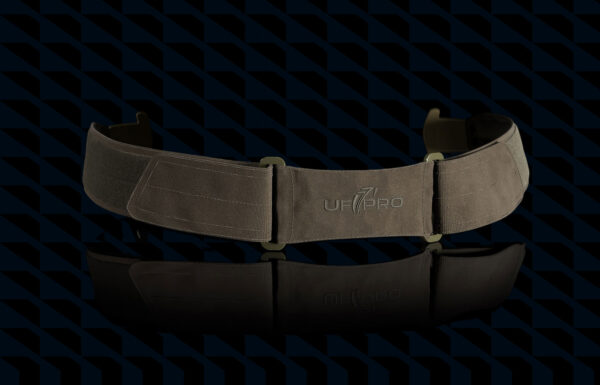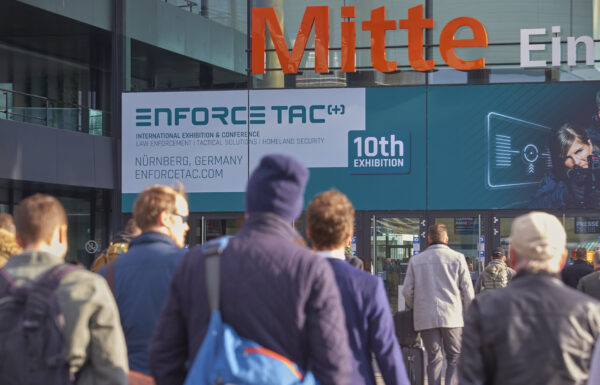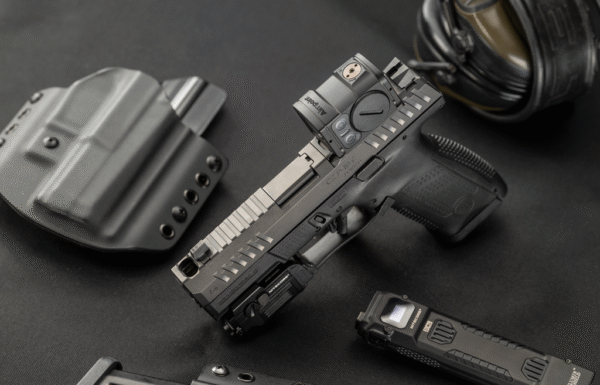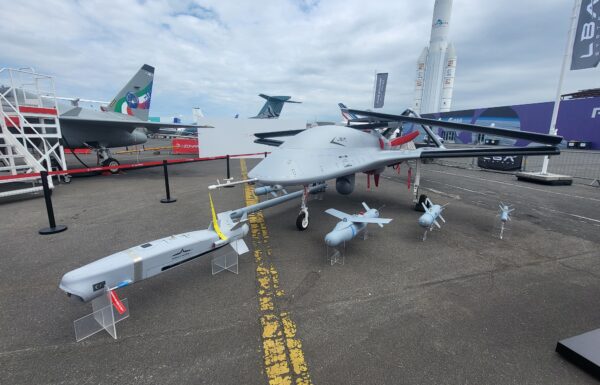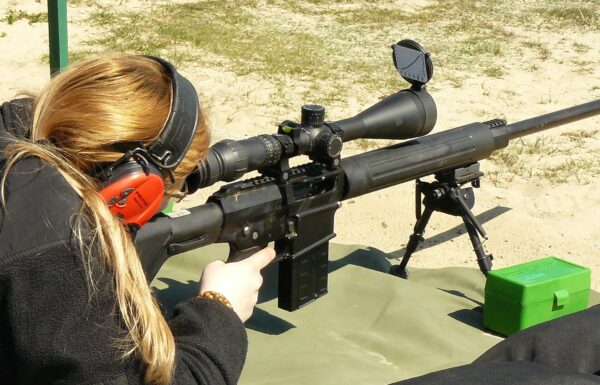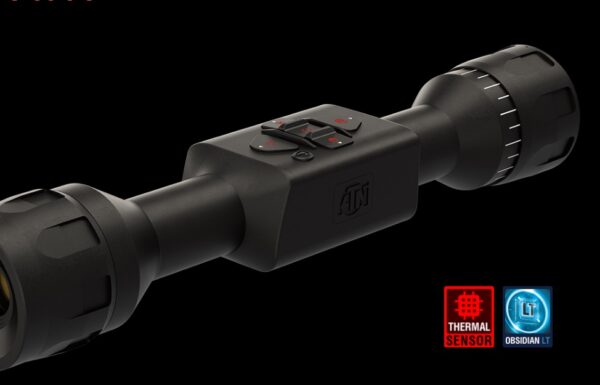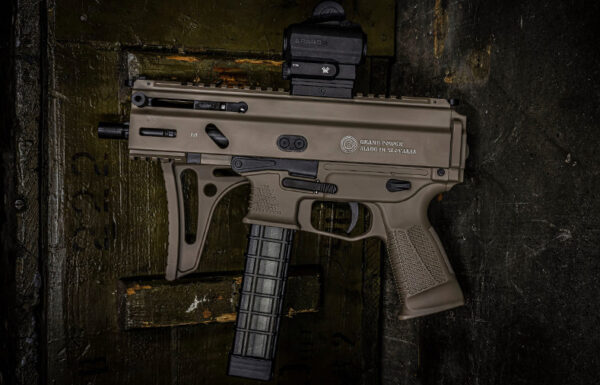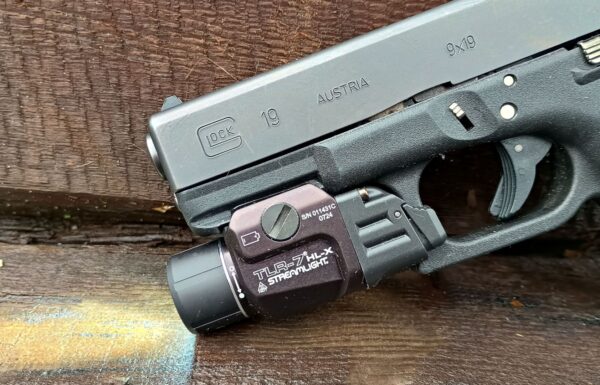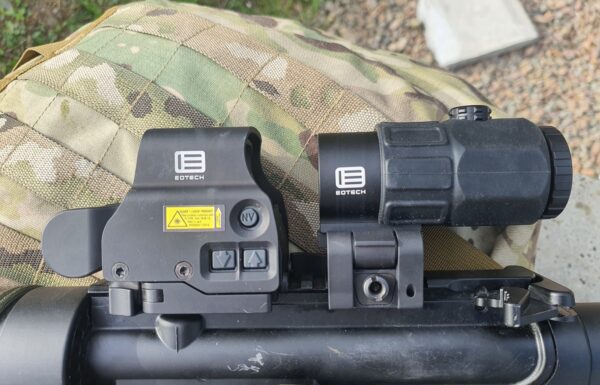On Wednesday, June 5, 2024, the Ministry of National Defense announced that it had submitted three products from the Polish Armaments Group (PGZ) and two products from the WB Group to the European Defence Industry Reinforcement through common Procurement Act (EDIRPA) program.
 Photo: Council of the European Union
Photo: Council of the European Union
As reported, the following products from the portfolio of the Polish Armaments Group (PGZ) were submitted:
- man-portable air defense missile systems Piorun produced by Mesko;
- Baobab-K remote-controlled mine-laying vehicles produced by a consortium led by Huta Stalowa Wola (HSW);
- MSBS Grot rifles produced by Fabryka Broni Łucznik-Radom.
Z dumą informujemy, że @MON_GOV_PL 🇵🇱wybrał nasze produkty #Piorun #BaobabK #MSBS #Grot do udziału w unijnym programie #EDIRPA. Zaufanie polskiego wojska już zdobyliśmy, liczymy na zainteresowanie sił zbrojnych państw Unii Europejskiej i nie tylko. pic.twitter.com/6RaTZMqu3m
— Polska Grupa Zbrojeniowa🇵🇱 (@PGZ_pl) June 5, 2024
From the WB Group portfolio, the following were submitted:
- Miniature Unmanned Aerial Systems FlyEye;
- Loitering munitions Warmate 1;
- Unmanned Reconnaissance and Strike System Gladius.
Z dumą informujemy, że @MON_GOV_PL wybrał nasze produkty: #FLYEYE, #WARMATE i #GLADIUS do udziału w unijnym programie EDIRPA. Zaufanie polskiego wojska już zdobyliśmy, liczymy na zainteresowanie sił zbrojnych państw Unii Europejskiej i nie tylko. pic.twitter.com/II8AH9oxHd
— WB GROUP (@WBGroup_PL) June 5, 2024
On October 9, 2023, the Council of the European Union adopted a regulation establishing the European Defence Industry Reinforcement through common Procurement Act (EDIRPA). The regulation encourages member states to cooperate on defense procurement. Its objectives are to strengthen solidarity, prevent displacement effects, increase the efficiency of public spending, and reduce excessive fragmentation in this sector.
Thanks to the new instrument, partial refunds from the EU budget will be possible if a consortium consisting of at least three member states participates in the joint procurement. The budget for the instrument will be 300 million EUR.
EDIRPA will support the competitiveness and efficiency of the European technological and industrial base in the defense sector, including small and medium-sized enterprises and mid-cap companies, by accelerating the industry’s adaptation to structural changes and opening supply chains to cross-border cooperation within the EU.
The act clearly defines the conditions ensuring that the European defense industry will benefit from this instrument. For example, contractors and subcontractors must be based in the EU or an associated state, have their executive management structure in these locations, and cannot be controlled by non-associated third countries. Additionally, at least 65% of the components of the final products must originate from the EU or associated states.
At an informal meeting in Versailles on March 11, 2022, the EU heads of state and government committed to strengthening European defense capabilities. They stated that member states should significantly increase defense spending, develop cooperative investments in joint projects and joint procurements to enhance defense capabilities, stimulate innovation, and strengthen and develop the EU defense industry, including small and medium-sized enterprises.
In response, the European Commission adopted a proposal on July 1, 2022, for a regulation establishing the European Defense Industry Reinforcement through Common Procurement Act (EDIRPA). On December 1, 2022, the Council of the EU agreed on a general approach to the proposed regulation, and on June 27, 2023, it reached a provisional agreement with the European Parliament on this matter.


